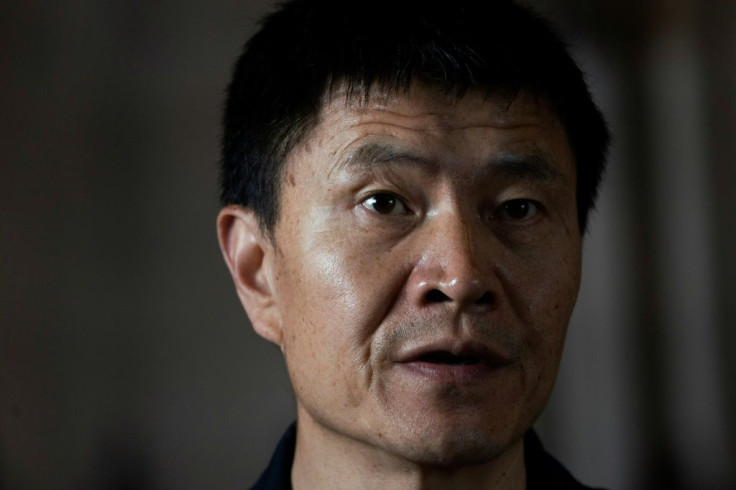Zoom Accedes To Chinese Demands To Shutter Online Activist Meetings
Zoom said Thursday it acceded to Chinese government demands that it close accounts of US and Hong Kong activists who gathered on the popular chat app to mark the deadly Tiananmen crackdown.
The admission came as the American video app, which has soared in popularity during the coronavirus pandemic, said it would build software to stop takedown demands from authoritarian regimes silencing users overseas.
California-based Zoom has been engulfed by a free speech row after prominent US and Hong Kong activists found their accounts suspended in the run-up to the anniversary events marking Beijing's crushing of the pro-democracy uprising on June 4, 1989, in Tiananmen square.
Mystery surrounded why the meetings were closed and the accounts locked with Zoom saying little beyond it needing to comply with local laws in the countries it operates in.
But on Thursday night, the company released its most detailed statement yet.
In it Zoom said the Chinese government alerted them to four public meetings commemorating Tiananmen.
"The Chinese government informed us that this activity is illegal in China and demanded that Zoom terminate the meetings and host accounts," the firm said, adding it acted against those online gatherings that had users from mainland China present.
Zoom said its current tech does not allow it to "remove specific participants from a meeting or block participants from a certain country".
"As such, we made the decision to end three of the four meetings and suspended or terminated the host accounts associated with the three meetings," the company said.

Zoom said its response "fell short" and that it "should not have impacted users outside of mainland China".
It has since reinstated the three shuttered accounts and will create tools allowing it to block or remove participants from certain countries.
"Going forward Zoom will not allow requests from the Chinese government to impact anyone outside of mainland China," the company said.
Zoom did not name who owned the shuttered accounts.
But in the last few days Wang Dan and Zhou Fengsuo -- two US based Tiananmen survivors -- and Lee Cheuk-yan, the Hong Kong based organiser of the city's annual June 4 vigil, said their accounts had been closed.
Zoom is the latest in a long line of western social media and tech companies who have struggled with the demands of authoritarian governments in lucrative overseas markets.
Tech giants such as Google and Facebook have largely given up on trying to crack China given the censorship Beijing enforces on companies that operate inside its borders.
Other companies have gone the other way.
Apple in 2017 acknowledged that it bowed to Chinese law by removing apps for virtual private networks (VPNs) that let users evade local controls.
A decade earlier, Yahoo faced intense criticism and conceded wrongdoing after helping Chinese officials identify pro-democracy advocates who posted on online message boards.





















